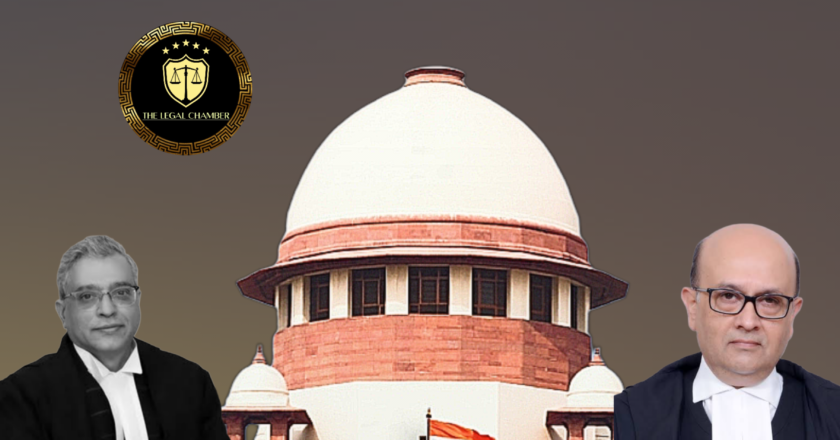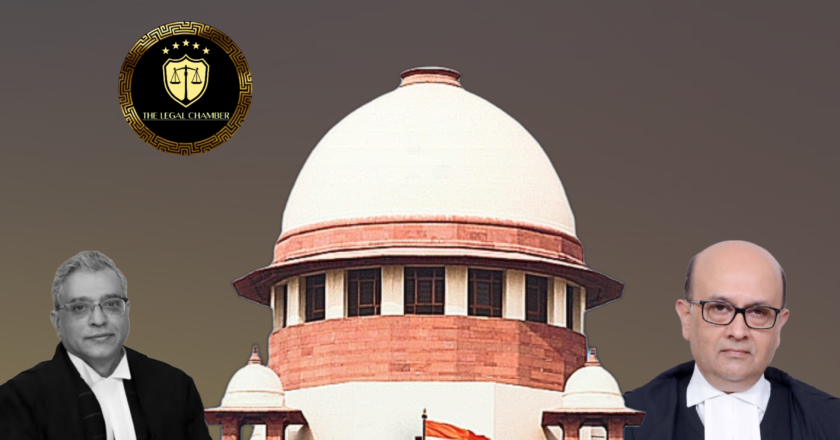Supreme Court Empowers Pollution Boards to Levy Environmental Damages
The Supreme Court held that Pollution Control Boards can impose restitutionary and compensatory damages, including ex-ante bank guarantees, under Sections 33A and 31A of the Water and Air Acts. This power is distinct from punitive penalties and is grounded in the 'Polluter Pays' principle to remediate environmental damage.
Facts Of The Case:
The Delhi Pollution Control Committee (DPCC) issued show cause notices in 2006 to multiple entities, including residential and commercial complexes, for operating without the mandatory "consent to establish" and "consent to operate" under the Water (Prevention and Control of Pollution) Act, 1974 and the Air (Prevention and Control of Pollution) Act, 1981. As a condition for granting consent, the DPCC demanded the payment of fixed sums a...

